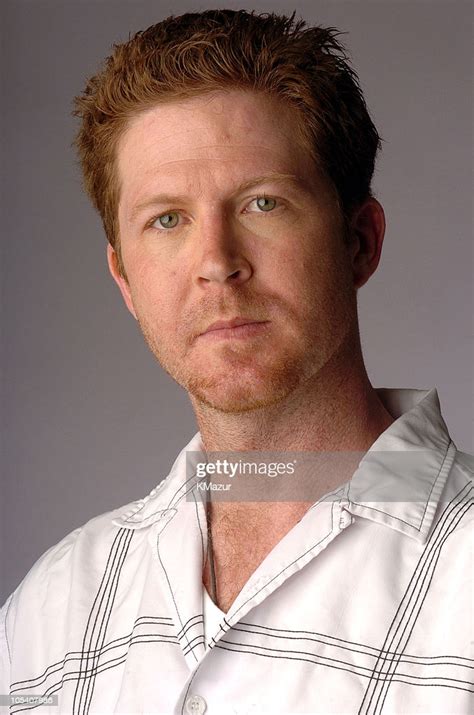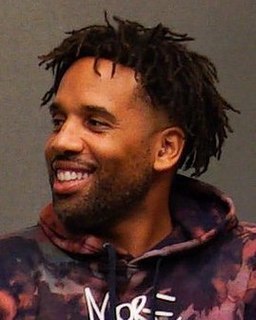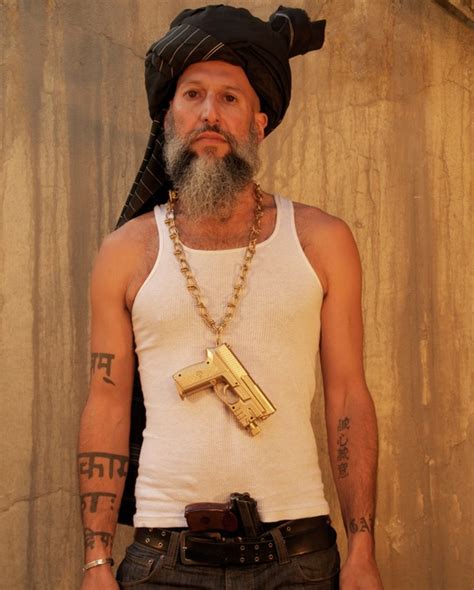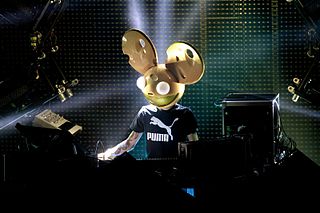A Quote by Brett Leonard
My focus is to push the medium to be what it truly can be. Something well beyond 360-video, which is where a lot of the initial money has gone…but, of course, it’s not real VR if you don’t have agency. So what I’ve been looking for for 25 years is that undiscovered country between gameplay and linear narrative and the emotional engagement of a cinematic narrative. And that takes a huge combination of interesting technological enablements, as well as an understanding of how to bring a multidisciplinary team on a process that is upside-down the traditional process.
Quote Topics
Agency
Been
Between
Beyond
Bring
Cinematic
Combination
Country
Course
Down
Emotional
Engagement
Focus
Gone
How
Huge
Initial
Interesting
Linear
Looking
Lot
Medium
Money
Multidisciplinary
Narrative
Process
Push
Real
Something
Takes
Team
Technological
Traditional
Truly
Understanding
Undiscovered
Upside
Video
Well
Which
Years
Related Quotes
I guess the wildcard here is Terrence Malick. He supervised me while I was writing the script for Beautiful Country, and he is a genius, although not always easy to follow. What I learned from him is that the narrative can be tracked through all kinds of scenes, that the strong narrative thread is not always the one that is most obvious. Creating narrative with Malick was a bit like chasing a butterfly through a jungle. This approach to narrative is fun and complicated, something that makes the process of writing constantly interesting to this writer.
I'm obsessed with this idea of storytellers and people who have a narrative, and sometimes sustain a relationship because they're telling a narrative and someone is listening to that. Often the nature of the relationship is determined by how well they tell the story, or someone else's ability to suspend disbelief, or infuse into their narrative something which they may not even be aware of.
LeBron and I have always been about finding companies that we truly believe in and putting real money into them. We're not talking putting in $15,000 or $20,000. It's real money plus the expertise, understanding and knowledge that we bring, as well as bringing LeBron's name and likeness to the product.
Well, it's not all the same, but there are a lot of parallels. I'm not sure how to answer [on psychology background], but I think when I was studying psychology I had a professor and a friend who would talk about "process" all the time. Your process, his process, the group's process. There's some carryover from that discussion to my creative work.
Usually, companies, when they approach other people to do VR, they're like, 'We're gonna offer a virtual reality experience' - to me, that usually means they're gonna put a bunch of 360° cameras in a room, film something, and wrap the video in a sphere so you can head-track and look around. To me, that's not virtual reality. That's 360° video.
I have a theory that, for people of color or others who have been cut out of the master narrative, just telling your personal survival tale, your story, is civic engagement. It is a kind of political performance and is really crucial in that storytelling is how the writers connect with people and change. It's how we collect and add to and complicate the master narrative.
It's kind of interesting to experience that kind of a ride after well, essentially so many years of enjoying a career based on failures and then suddenly something clicks. The weird thing is, I never changed a thing. The process is still the process as it ever was. The fact that people decided to go and see a movie that I was in was probably the most shocking thing that I've ever been through.





































